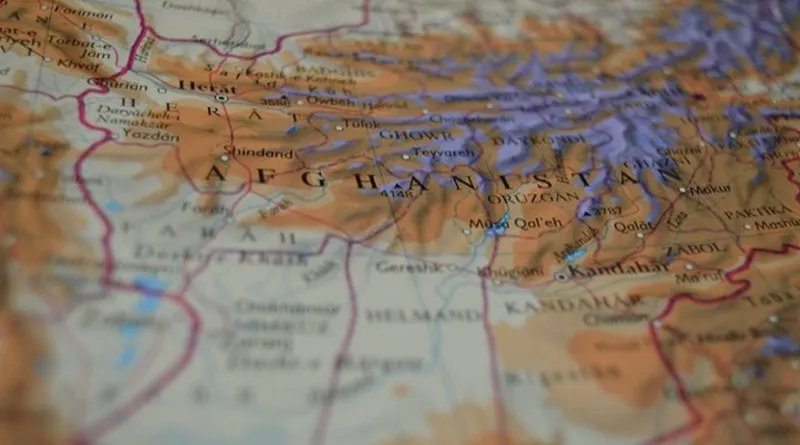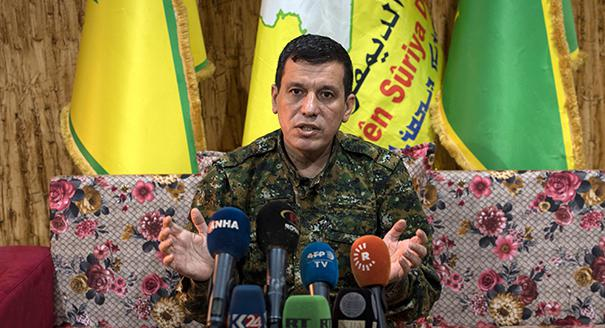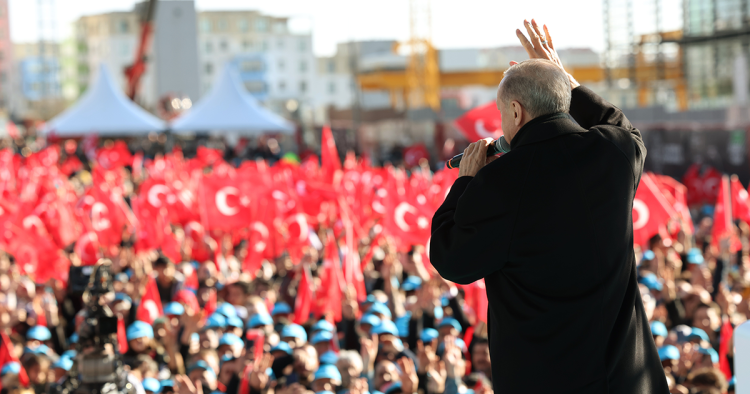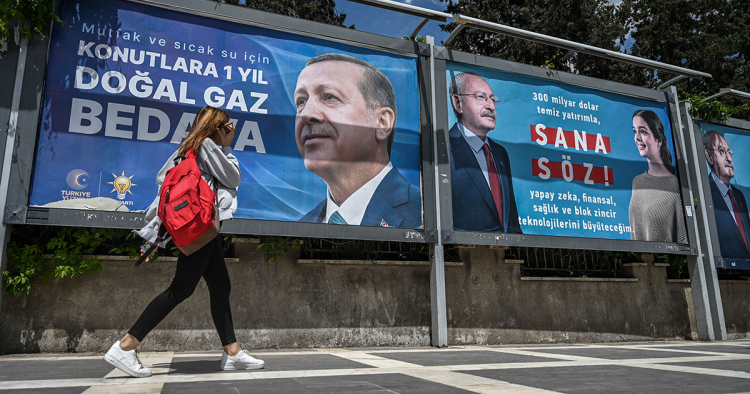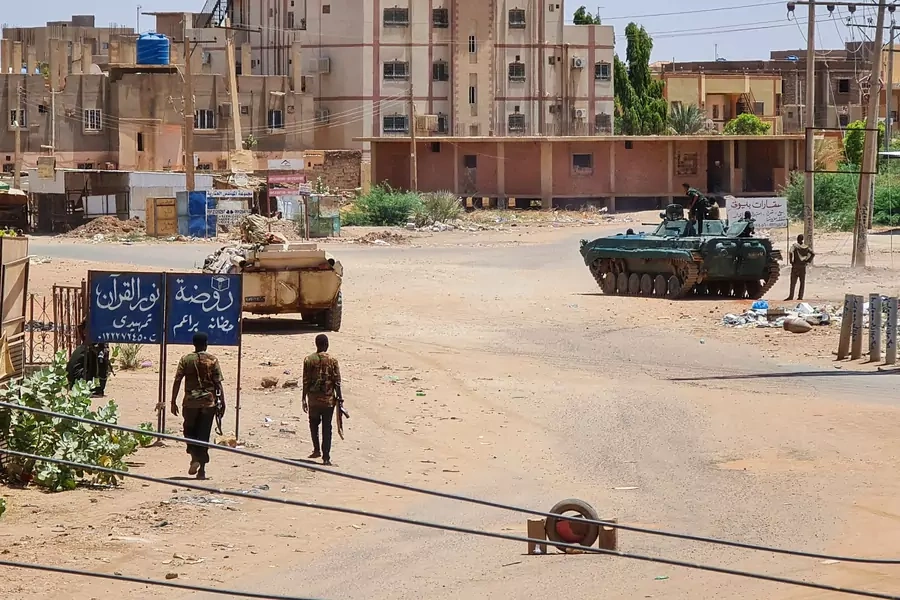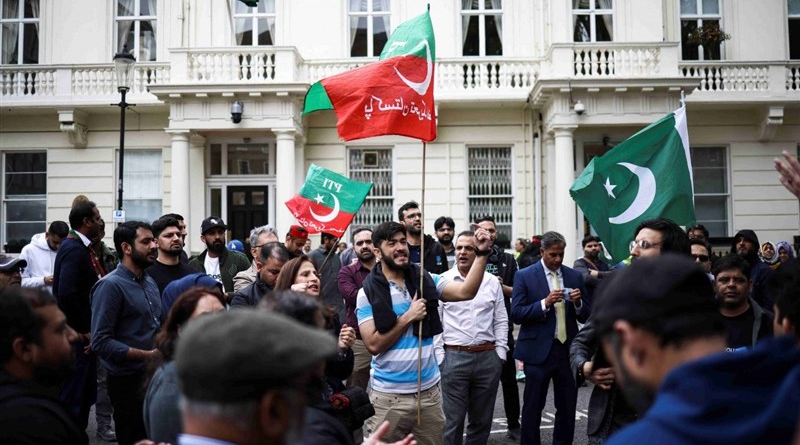Jeddah Declaration: Overview of agreement’s 7 points signed by Sudan’s army, RSF
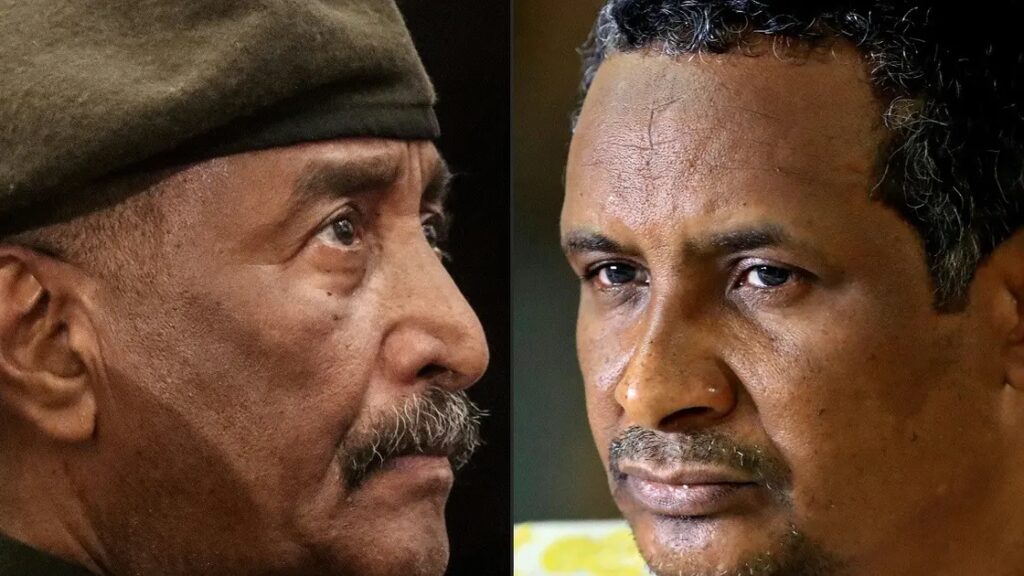
US-Saudi mediated talks between Sudan’s army and the paramilitary Rapid Support Forces in Jeddah made a slight breakthrough on Thursday after signing an agreement that commits to protecting Sudanese civilians.

